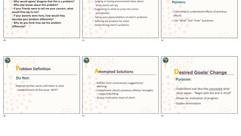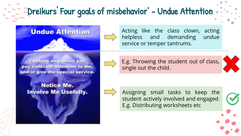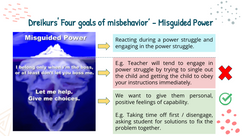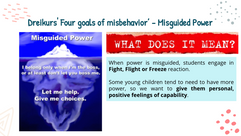#31: Fostering Positive Classroom Culture
- Ng Wen Xin

- Jan 1, 2023
- 2 min read
Updated: Sep 5, 2023

3 key takeaways:
1. Importance of 'connection'
It is important to build the connection with students and seek to understand them (seeing things from their perspective).
A positive connection and rapport goes a long way in ensuring a conducive learning environment/atmosphere ('easier to get them to do things with rapport').
Connection before correction!
2. There is a reason for every (mis)behaviour.
Don't be too quick to mete out consequences. Instead, seek to understand the why behind their behaviour in order to find a solution that nips issue in the bud.
Ultimately its not me against them; it's me with them.
(Though it is also important to help students to understand that for every transgression, there is a logical consequence.)
3. See the good in every child.
Every child has their own strength(s)/talent(s). I can tap on their strengths and affirm them in the process (a win-win).
Students also have stuff to share/things to bring to the table; exchange of knowledge (connection, not compliance).
Give students the opportunity to prove themselves. I shouldn't be afraid to try things with them because I think they can't do it. I may be (and have been) pleasantly surprised by how students surpass expectations.
2 things to work on:
Focus on what is good for the students. Try my best but don't sweat the small stuff.
Have high (but realistic) expectations, and a structured, transparent & efficient system to help students meet said expectations.

Current baby steps to achieve said goals:
Having expectations that are simple and easy to remember. (Thanks Nabs hehe)
Making clear my homework policy and making sure students know that I mean business. (see below)

<<< Spreadsheet I use to track homework submissions; shared with students as well for accountability sake
1 ultimate goal:
Enjoy my lessons. Enjoy my students. Be happy.

























































Comments